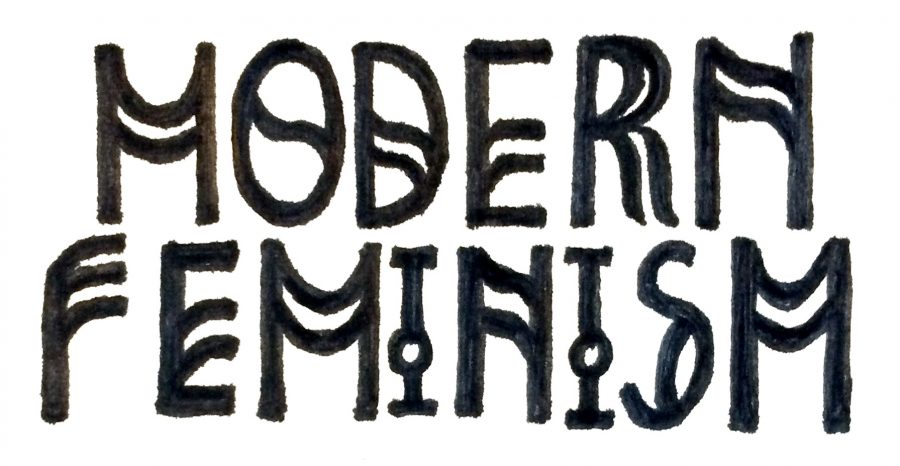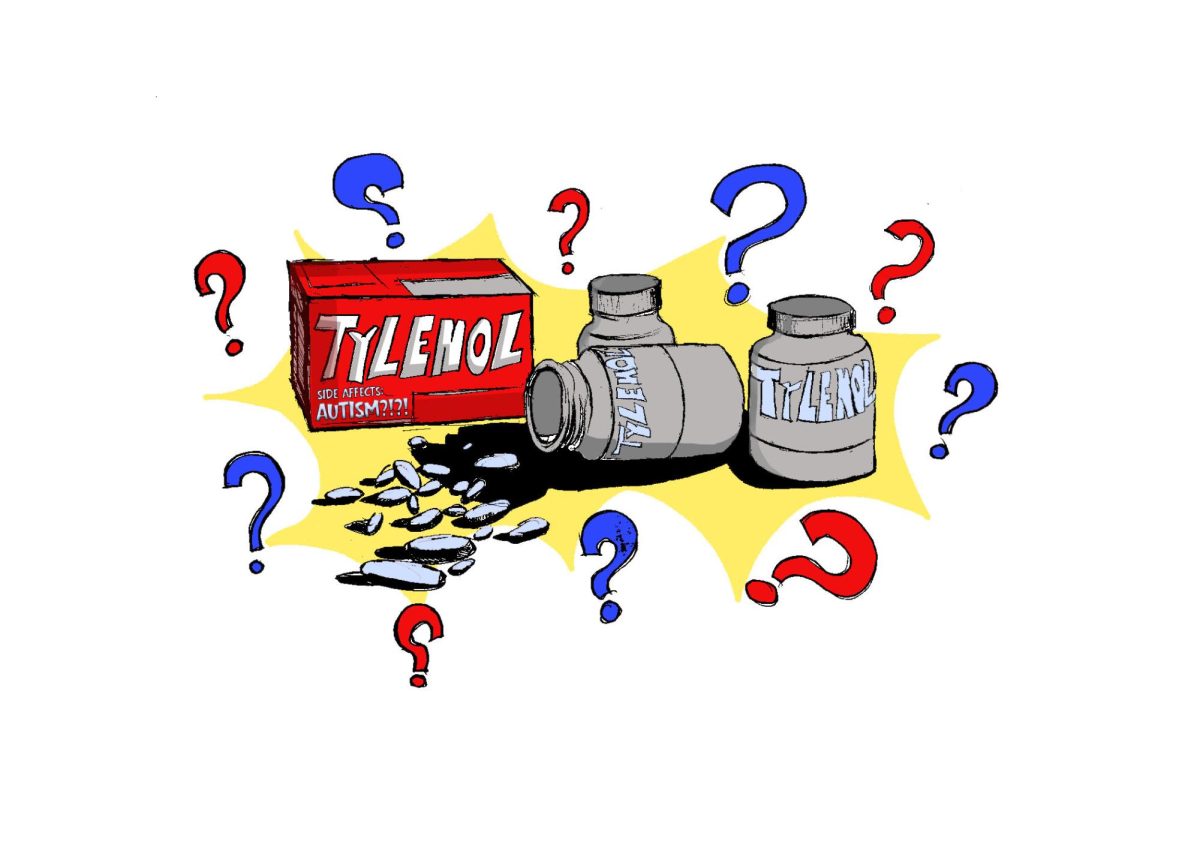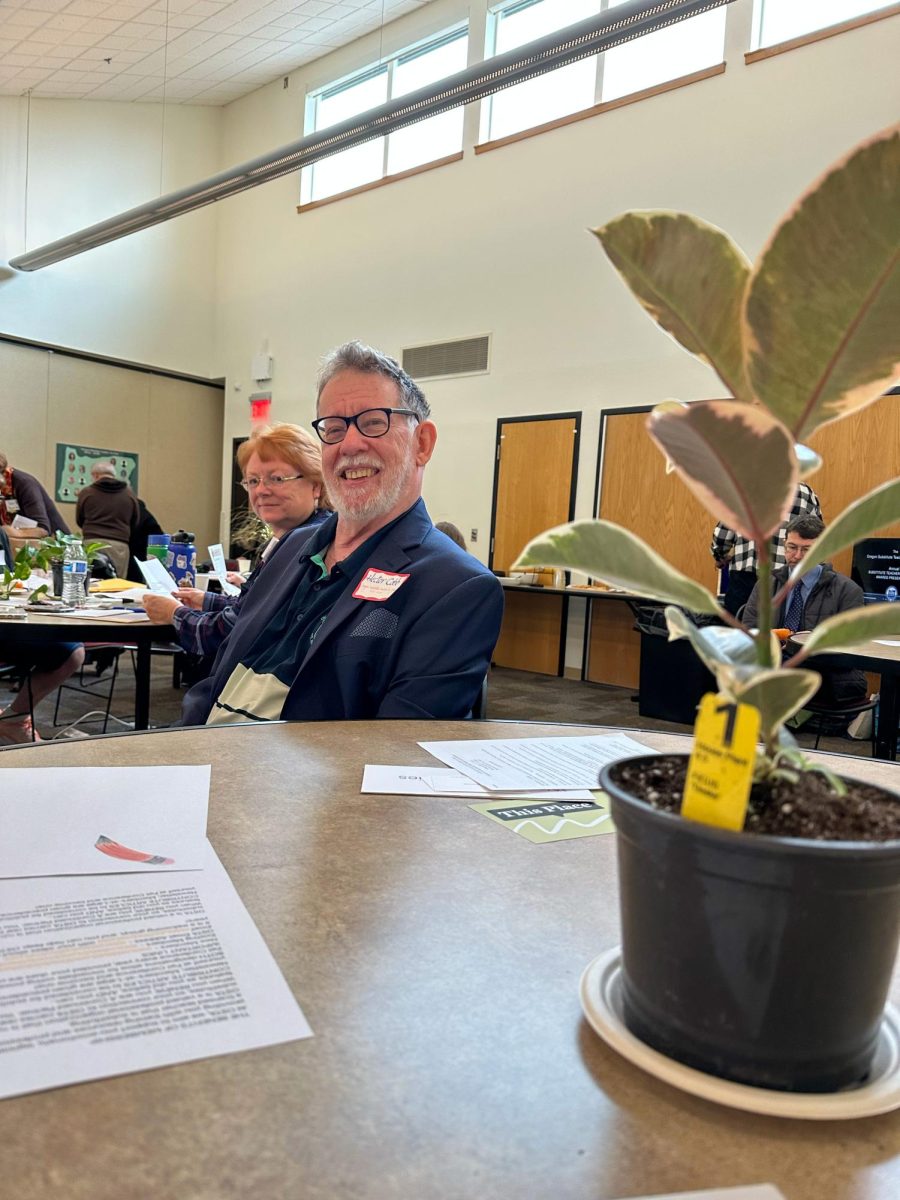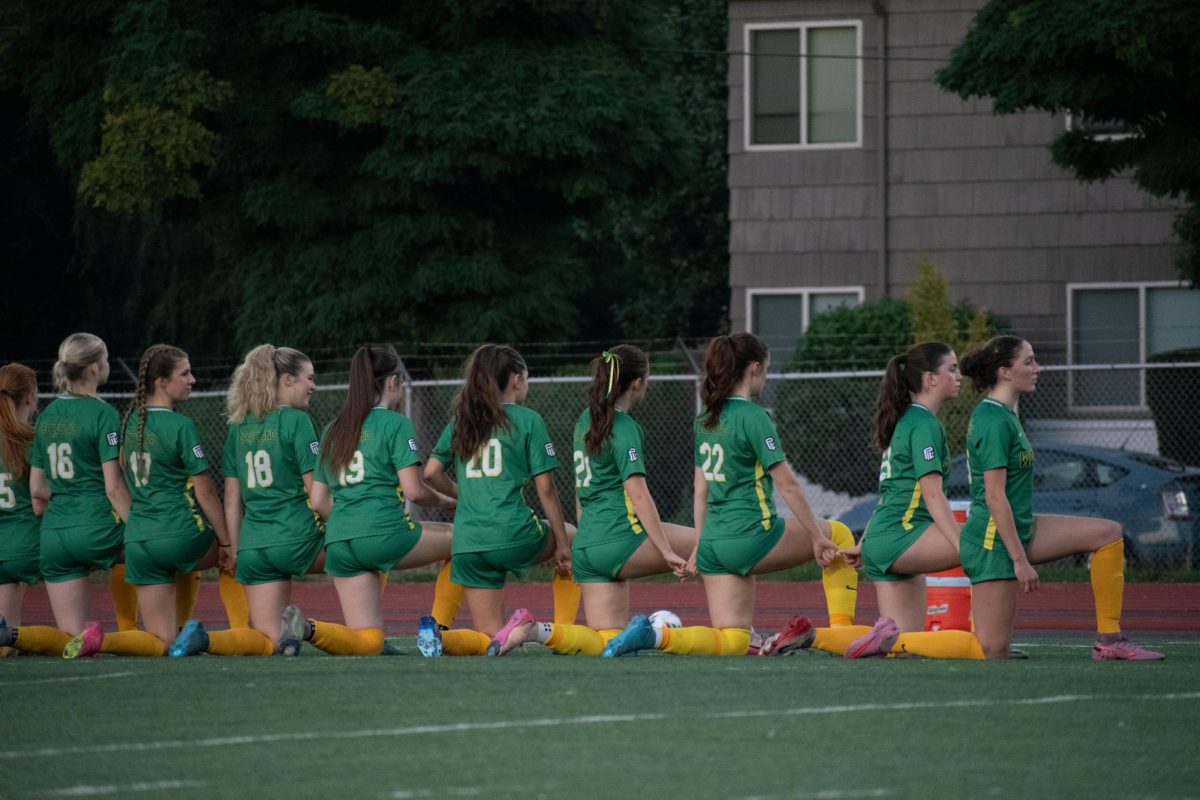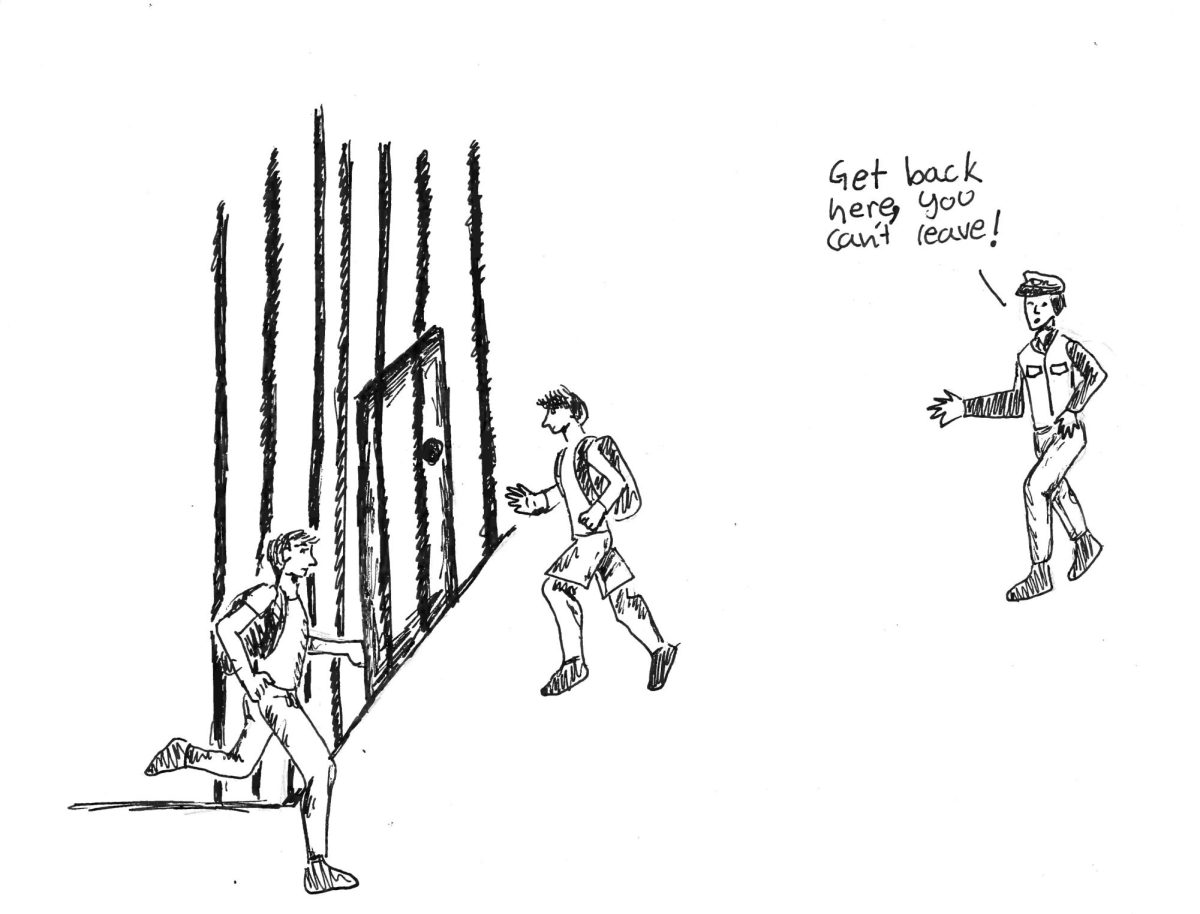Modern Feminism: Sex Sells, Right?
December 5, 2017
Living in the material world like we do, possession of objects is essential. So my question–why don’t women have possession over their own bodies?–seems justified.
The idea that women do not have control over their bodies derives from society’s need to sexualize women in whatever way possible. I mean, sex sells, right? Or so the ads that consume our everyday lives suggest. Corporations use skinny, underdressed women to persuade all of us that this is how women are supposed to look. For women, this undermines our sense of self. For men, it suggests that they have ultimate power over women.
In a society swamped with sex and power, sexual harassment and sexual assault are way more common than we have been ready to admit. Sometimes it’s hard to tell the difference between harmless flirting and harassing power plays. “I know that a lot of it [sexual harassment] goes unreported,” says health teacher Gaye Chapman, “and so I think a lot of students don’t really understand what sexual harassment is.”
Sexual harassment can be anything from nonconsensual touching to catcalling. Truth be told, this can happen anywhere from just walking down the street, to our very own Cleveland High School. “In reality, in Cleveland and everywhere it’s a very prevalent issue,” says senior Mila Fagan.
Recently, this issue has been front and center in public debate. Take Harvey Weinstein for example. A movie producer with all the money and power in the world. Then, on Oct. 5, New York Times reporters Jodi Kantor and Megan Twohey put together the stories that had been circulating about Weinstein for decades. There had been rumors for many, many years that Weinstein had assaulted and harassed women that worked in the entertainment industry. When Kantor and Twohey broke the story, everyone started paying attention. Soon after, similar stories about Weinstein came out from other women. Even famous actresses such as Gwyneth Paltrow and Angelina Jolie shared their stories of sexual harassment by Weinstein.
Following these revelations a campaign that was created many years ago started picking up steam. Activist Tarana Burke initiated “me too” almost 10 years ago with the goal to say to survivors “I am here for you.” Millions of people are now supporting her vision.
But even so, it is very common for people to be unaware that sexual harassment is happening to them. “It kind of gets swept under the rug as something people have to talk about and it’s like a chore to talk about it,” says Fagan.
Because of this, Fagan started a fundraiser her sophomore year to try and bring awareness to this problem. She designed t-shirts that read “1 in 3. Not just numbers, more than statistics. End violence against women.”
“I think violence against women and sexual assault is an issue that I’ve always come back to when it comes to school projects and so originally it was for an advocacy project in my epic issues class my sophomore year, and then people really liked them and I ran out really quickly. People wanted more and more so I decided to turn it into a fundraiser, which I did all of last year.”
The goal of this campaign is to not only raise awareness, but to also let survivors know that people hear them and they are supported no matter what.
Fagan’s campaign ties into the world of “me too” and both have started to touch the hearts of many on social media and in Cleveland High School.



